Navigating the CPU Maze: Optimize Your Gaming Experience
Oct-31-2024
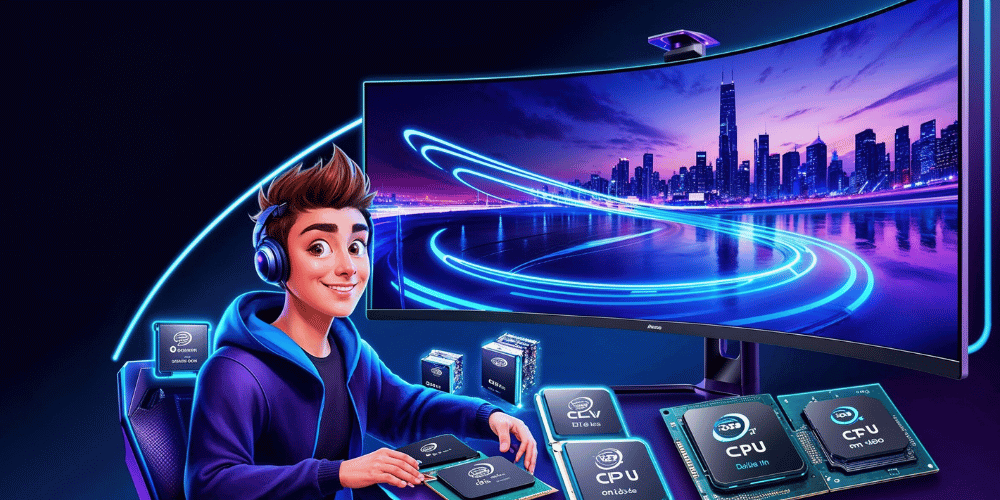
Gaming technology has made significant strides, transforming from simple graphics tasks into complex processes requiring specialized components. At the core of this evolution is the Central Processing Unit (CPU), a pivotal component that determines your gaming rig's speed, efficiency, and overall capability. Choosing the correct CPU for high-performance gaming involves a nuanced understanding of various tech specifications and ensuring your selections align with your gaming ambitions. In this domain, an informed choice can elevate your gaming experience from average to extraordinary.
Understanding Your Gaming Needs
Before diving into the sea of technical specifications, it’s crucial to personally assess your gaming needs. Are you looking to construct a high-powered desktop setup, or does your gaming lifestyle demand the flexibility of a laptop?
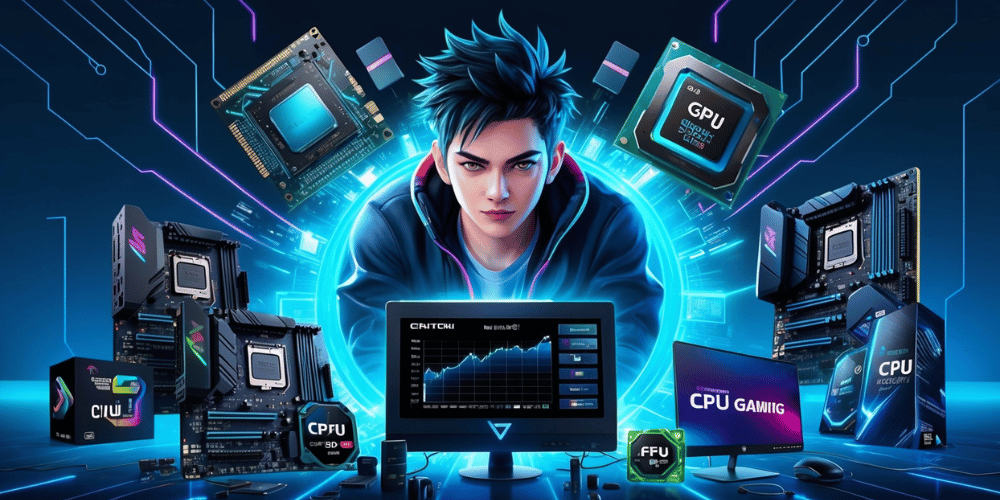
Different systems cater to different needs. For gamers who frequently travel or need space efficiency, a laptop might be ideal, whereas a desktop could be better for those seeking extensive customization and potentially better performance-to-cost ratios.
Beyond the type of system, consider how you'll use your rig. While gaming is the primary function, many gamers also stream, edit videos, or run resource-intensive software simultaneously. Each additional task can strain the CPU differently, thus influencing your choice. Understanding your needs is the foundational step on the road to identifying the right processor.
Core and Clock Speed: The Building Blocks
The magic of modern CPUs lies in their cores and clock speed. Every computer gamer knows the basic mantra: more cores and higher clock speeds usually translate to better performance. But what do these terms truly mean?
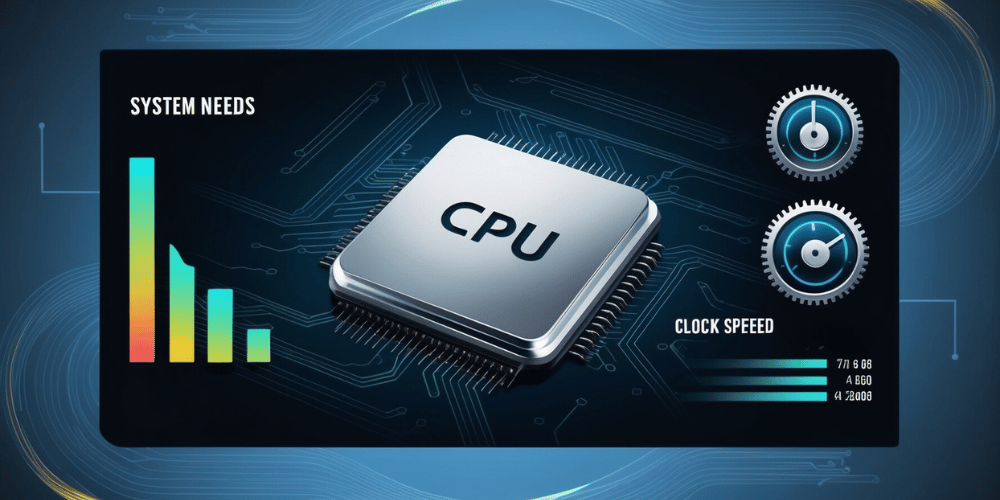
- CPU Core Count: Modern CPUs contain multiple cores, each capable of handling separate tasks. More cores allow for better multitasking, which is vital for gamers who also stream their gameplay. For top-tier games that utilize complex physics or expand playable environments significantly, a higher core count can mean smoother gameplay.
- CPU Clock Speed: This is the measure of how fast a CPU can execute each instruction per cycle, typically measured in gigahertz (GHz). Faster clock speeds mean quicker task processing, resulting in improved performance, notably in single-threaded applications or specific game instances.
Ideal gaming performance often involves a balance between these two factors, neither overshadowing the other but rather complementing it. Especially if you're performing multiple tasks simultaneously, you’ll need higher core counts combined with competitive clock speeds.
Additional Features That Impact Gaming
While core count and clock speed form the backbone of your CPU choice, several additional features significantly influence your system's efficacy. Integrated graphics, overclocking capability, and laptop-specific adjustments offer valuable functionality.
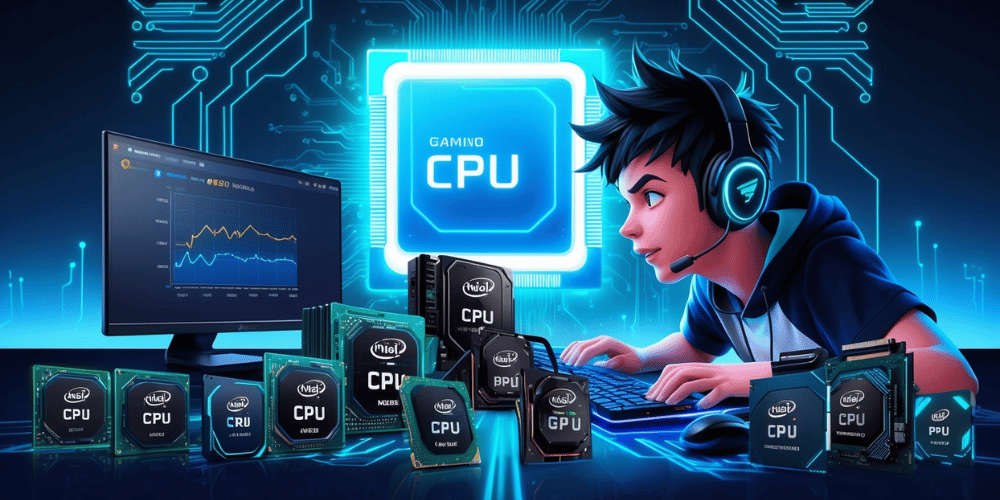
- Integrated Graphics: For those who occasionally troubleshoot or lack a discrete GPU, integrated graphics provide a versatile backup or supplementary graphical boost. It's not a substitute for a dedicated graphics card in most gaming scenarios, but it can be a useful feature nonetheless.
- Overclocking: For enthusiasts looking to squeeze every extra bit of performance out of their CPU, overclocking features are essential. With CPUs marked with a “K” designation, users can tweak settings to achieve faster speeds, given they have compatible hardware, such as supportive cooling mechanisms.
- Laptop-Specific Features: If your gaming setup is reliant on a laptop, certain features, such as those designated with an “H” or “HX”, cater specifically to energy efficiency and prolonged battery life without sacrificing performance.
Deciphering Benchmarks and Practical Performance
One of the more challenging aspects of selecting a CPU is comparing practical performance against advertised abilities. Benchmarks offer a scientific way to judge, offering users a glimpse into potential real-world usage efficacy. However, with various other hardware components influencing the overall experience, selecting a processor shouldn’t rely solely on benchmark figures.
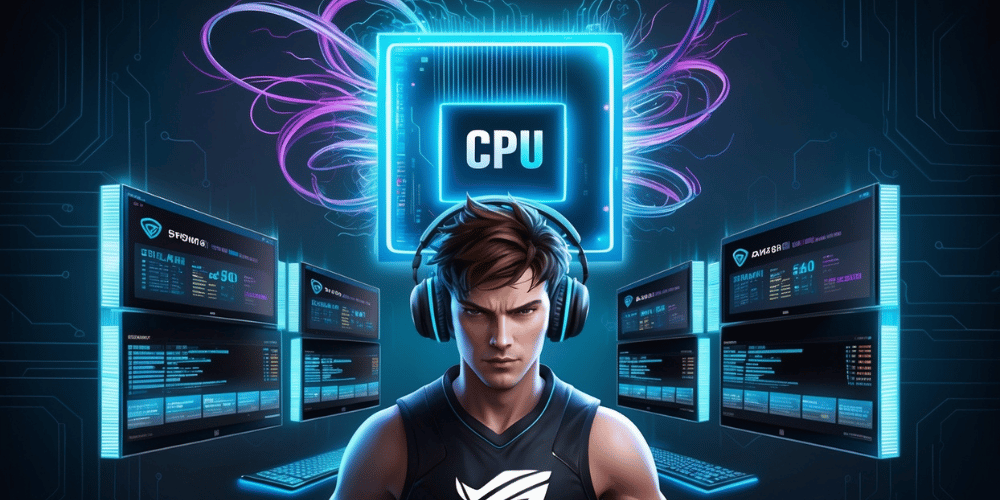
Look for benchmarks that mimic how you intend to use your system. This might entail searching benchmark results for specific games or tasks you perform often. Real-world metrics such as FPS rates are direct indicators of a processor's suitability for your gaming requirements.
Additionally, remember that a CPU doesn't operate in isolation. Pairing it with adequate RAM and a formidable GPU enhances performance, ensuring your rig is a well-oiled machine optimized for cutting-edge gaming.
Recommendation and Concluding Thoughts
In today’s expansive hardware market, options are plentiful, accommodating any requirement or budget someone might have. Selecting the right CPU can indeed appear daunting, yet by breaking the process into digestible layers — assessing your needs, understanding essential specs, evaluating additional features, and reviewing practical benchmarks — you’ll be in a prime position to pick a CPU that doesn't just meet specifications but elevates your gaming endeavors.
Remember, achieving high-performance gaming is not just about picking the best specs but about coherence within your entire system setup, ensuring that each component harmonizes to deliver an exquisite gaming journey.







